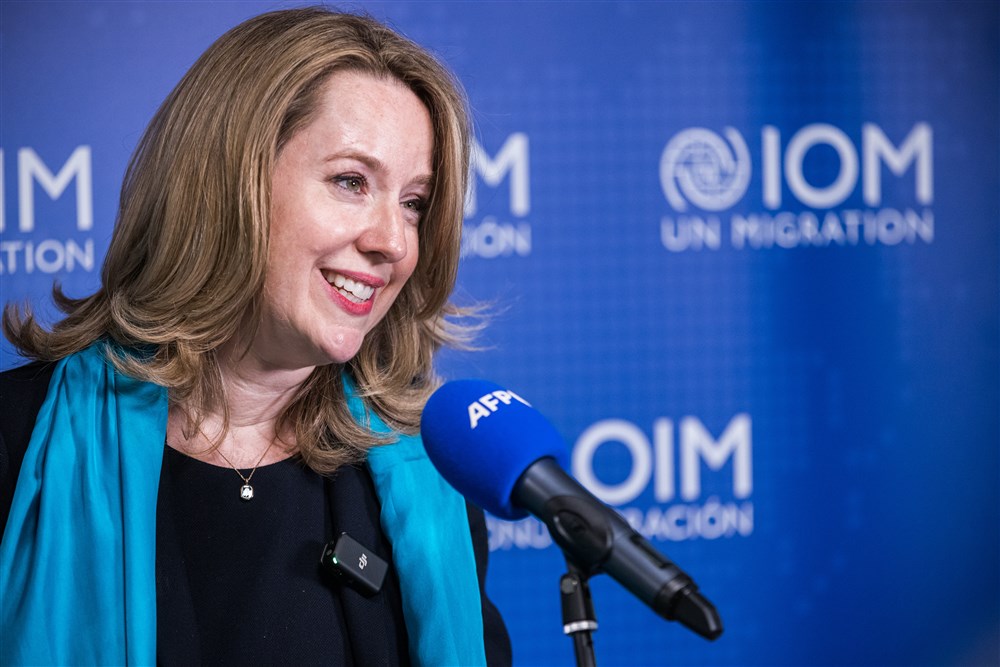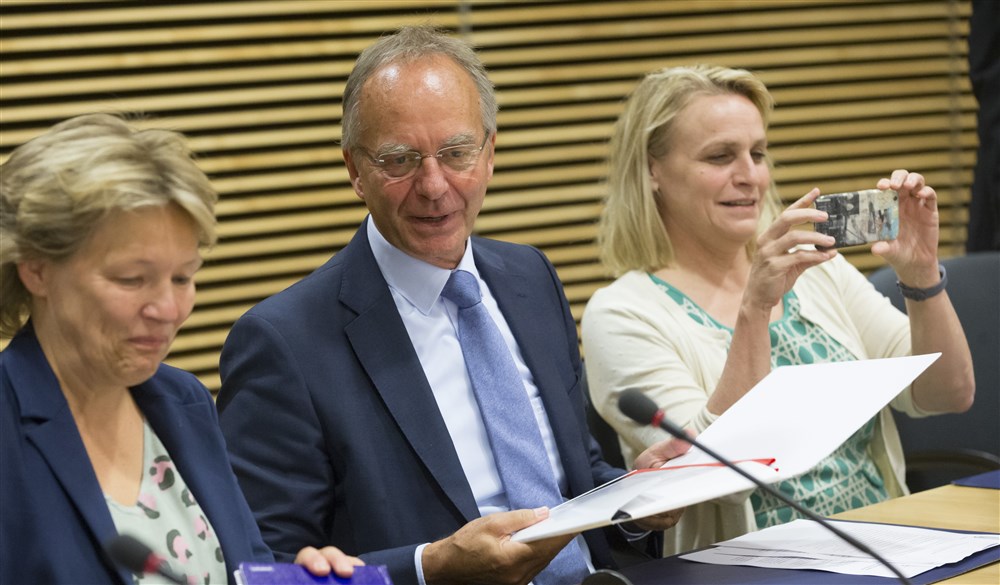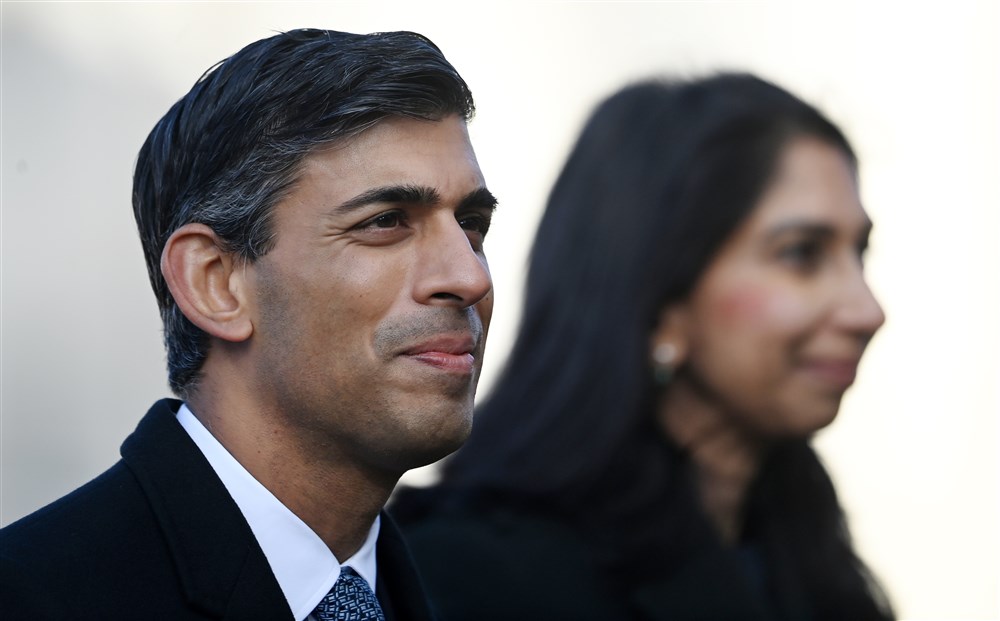The European Council is set to enter difficult discussions on migration on June 29 and 30.
In what will further increase pressure, Felipe González Morales, UN Special Rapporteur on the human rights of migrants, has called for more acceptance – or regularisation – of illegal migrants.
‘Regularisation’ is a Member State’s policy response to the presence of irregular migrants residing in the country. The term refers to any process through which someone can obtain residence status to stay in the country they arrive in. The person applies for these procedures from inside the country, in contrast to residence and work permits, which have to be applied for from another country. Some states want this process to take place in potential arrivals’ countries of origin, so migrants can’t illegally enter and reside in the European Union.
Morales called on Member States to create and strengthen regularisation mechanisms to address “vulnerabilities faced by migrants in irregular situations”, in line with commitments made under international human rights standards.
He noted that many undocumented migrants continue to struggle due to the lack of so-called regular migration status. “Regularisation is a tool of protection and inclusion that benefits migrants, their families, destination countries and communities,” Morales said.
“States must provide options for permanent residence, citizenship and meaningful participation of migrants in host societies.”
His statements are in line with the wishes of more Left-leaning European countries that advocate for more open borders, such as Germany, France, and Spain. But Morales’ call to action seems to some to be more an act of desperation than anticipation.
"Migration can bring positive and empowering experiences to migrants, their families and their communities, both in countries of origin and destination."
@UNSR_Migration, Felipe González Morales, speaking at the @UN Human Rights Council.#HRC53 pic.twitter.com/5rHqgWTAZh
— United Nations Human Rights Council (@UN_HRC) June 26, 2023
In almost all recent national elections, Conservatives and Right-wing populists are winning convincingly, in part thanks to their critical stance against mass migration. Italy, Sweden, Finland and, most recently Greece, are among the examples. They align with the stand of states in Eastern Europe, most particularly the so-called Visegrád group of Poland, Hungary, Slovakia and the Czech Republic, in their opposition to progressive plans to boost arrivals.
The EC talks will take place against the backdrop of the latest migrant tragedy in the Mediterranean, where hundreds drowned off the coast of Greece trying to reach Italy in what is probably the deadliest migrant shipwreck in recent history.
BREAKING:
The Prime Ministers of the Visegrad Group meet in Bratislava today and stated that they are all against the mandatory migrant relocation quotas in the EU’s new Migration and Asylum Pact.
???????? pic.twitter.com/9RBPsqvEwd
— Visegrád 24 (@visegrad24) June 26, 2023
The debates at the end of this week are expected to be highly charged, with pro- and anti-migration countries clashing. Member States have divergent views on migration, ranging from those advocating for more inclusive policies to those favouring stricter border controls and Australian-style forced relocations.
In Italy, under the leadership of Prime Minister, Georgie Meloni, there seems to be increasing attention given to tackling illegal migration via strengthened border controls and Member State cooperation.
Among tricky subjects EU leaders will have to address is the contentious and compulsory burden-sharing mechanism, as provided in the Migration Pact proposals. That is dividing states including Italy and Greece that receive the majority of migrants and that are desperate to reduce the resulting pressure.
Others, such as Hungary and Poland, simply don’t want to let anyone in at all, especially as they have already received millions of Ukrainian war-refugees.
On the other hand, cooperation with countries of origin and transit, as recently addressed in discussions with Tunisia, as well as introducing stronger humanitarian responses to tackle the root causes of migration outside the EU, may be more likely to find consensus.





